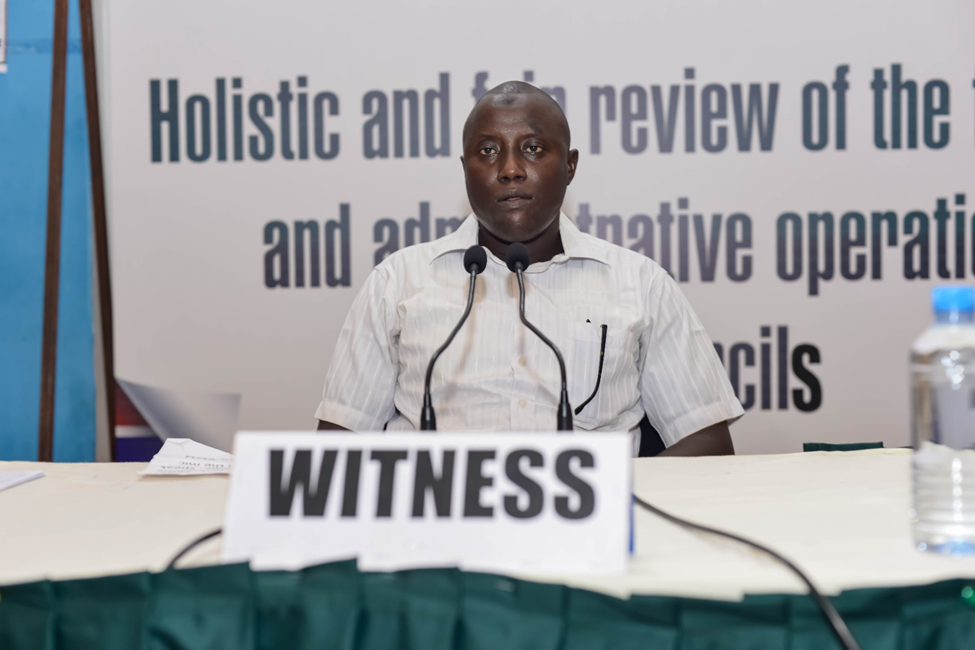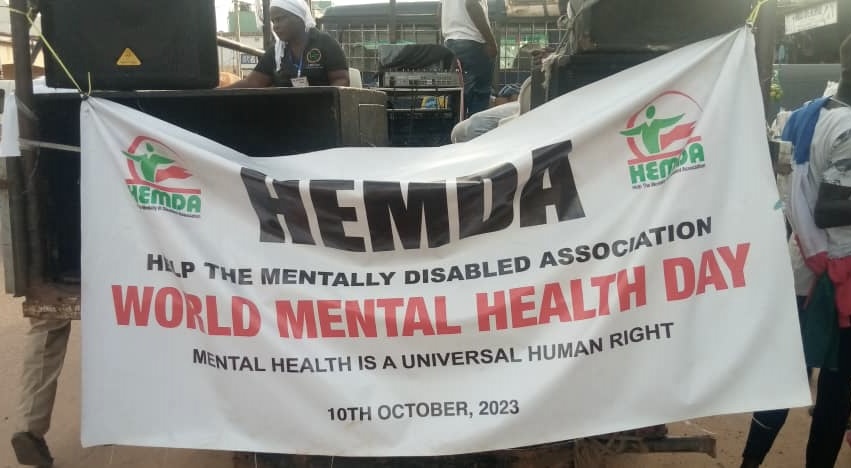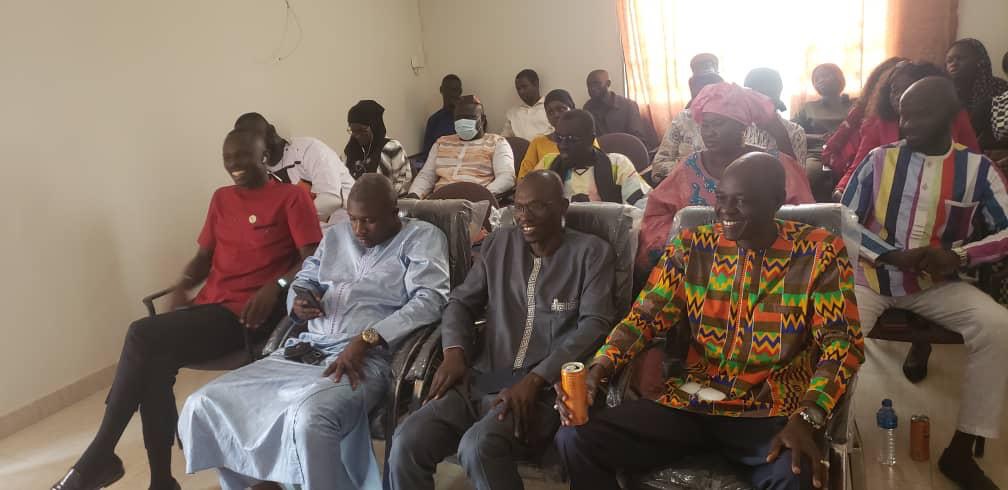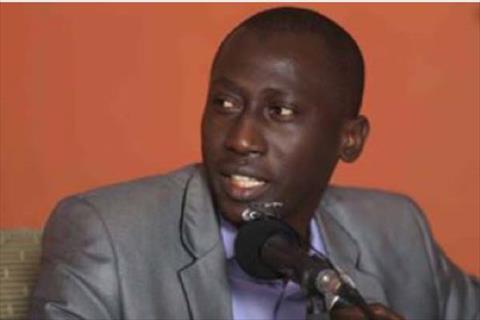By Mama A. Touray
The Budget officer for Basse Area Council (BsAC), OusainouTouray, last Thursday, before the Local Government Commission of Inquiry (LGCI) testified on the council budget line.
His testimony was an answer to the questions asked by the LGCI chairperson, Jainaba Bah that the witness should explain the budget line dubbed as the Council Staff/Councilors revolving loan scheme amounting to D700,000.
Answering the questions, Ousainou Touray who is the BsACbudget officer said it was D300,000 for only the staff of the council and the amount was increased to D700,000 to cater for the councilors. He added that this was approved by the General Council.
He told the commission that loan applications do pass through the CEO, who will approve or reject them.
When asked by Commissioner Alagie Sillah about his role in budget execution, he explained that “My role is to cross-check and advice, but this is not happening because it does not pass through my office”.
Commissioner Sillah further asked if the witness does budget tracking and he responded “No”.
The Chairperson, Jainaba Bah, therefore asked the witness to tell the Commission the estimated revenue for 2018 to 2022 and what was expended.
Mr. Ousainou Touray then explained that “The total revenue for 2018 was D22.9 Million and the total expenditure was D22.9 Million. In 2019, the total estimated revenue was over D29.9 Million, and the total expenditure was D29.9 Million Dalasi. In 2020, the total estimated revenue was D39.05 Million, and the total expenditure was D39.6 Million, which was a deficit”.
Touray continued “In 2021, the total estimated revenue was D39.06 Million and the total expenditure was D41.02 million, which was a deficit of almost Two Million Dalasi as the total deficit was D1, 959,377 and in 2022, the total estimated revenue was D40.998 million and the total expenditure was D40.998 million.”
“The revenue you have is what you spent?” the Chairperson asked.
Touray responded, “Yes, that was how it happened”.
On how they do the budgeting, the witness said it started with the village development committees who submit their projects about development to the ward development committees and then it will be sent to the planning unit for costing.
He said it would be included in the budget and then submitted to the General Council for Approval.
Commissioner Oreme E. Joiner asked “When preparing the budget, do you look at the actuals of the previous budget before preparing a new budget for the following year?” and the witness responded, “Of course”.
The commissioner further asked about the variances projections of the councils and the amount collected. The witness said the estimation comes from the finance department.
Commissioner Joiner said what he had noticed was that BasseArea Council used the same estimation for 2016 and 2017 and the budget officer responded “Yes, but I was not working as the budget officer at that time.”
“If you are repeating your budget estimates for different years, is it not that you are confident that such revenue exists?” Commissioner Joiner asked and Touray replied “Yes.”
The witness said in budgeting, the revenue sources must be known first and there should be an assessment done, adding that their revenue sources are the rates and taxes, licenses, and markets (duties and canteen fees).
Mr. Touray explained that Basse Area Council did not receive grants from 2020 to date. However, Chairperson Jainaba Bah referred the witness to the budgets of the council showing that they have been receiving subvention. The witness said the subvention was a budget support.
In preparing the budget, the witness said they relied on “mere estimation”.
“It is not a mere estimation. The actual truth is you will know the amount of money you will generate at the Basse Area Council in a given year,” Lawyer Patrick Gomez intervened.
The witness replied, “Yes, that’s correct.”
On what guides the spending of the budget, the witness said they prioritize salary and allowance, personal emoluments, and, other recurrent expenses like fuel and others, adding that they have a development budget too.
Ousainou said the GPPA forms have portions for the budget officer to sign to indicate that there are funds available for certain expenditures.
“Is the Director of Finance doing that job? I asked the GPPA and my CEO, but they did not give me an answer,” the witness said.
Touray informed the commission that since 2020 he did not sign more than 10 GPPA forms. He added that the Director of Finance signed the overwhelming majority of the GPPA forms.
He said If the procurement unit prepares forms they should pass through his office for signature, but the Director of Finance was doing that.





